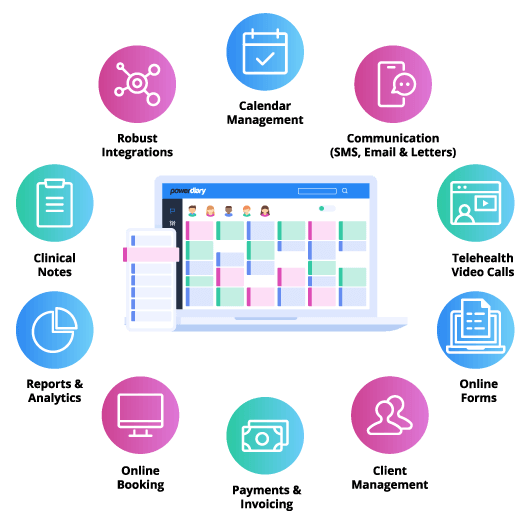Why Each Healthcare Facility Requires PMS At This Time
In the current rapidly evolving medical landscape, effectiveness and client contentment have become critical for medical practices. As the pressure on medical professionals increase, so does the requirement for utilitarian tools to address these challenges. Clinical management software appears as a vital solution, offering a streamlined method to handling administration while improving the overall client interaction. This powerful software empowers healthcare facilities to optimize their operations, reduce documentation, and enhance communication, laying the groundwork for a more productive workspace.
As we progress deeper into an era where tech plays an integral role in healthcare delivery, utilizing clinical management software is no longer just an alternative but a requirement. Whether scheduling appointments, managing billing processes, or ensuring compliance with regulations, this software acts as a complete resource that lightens pressure on staff and allows professionals to focus more on patient care. With its increasing significance, now is the perfect time for all medical practice to contemplate the transition to healthcare management software to remain competitive and relevant in an constantly evolving field.
Main Advantages of PMS
One of the key elements of management software is the capability to enhance scheduling of appointments. This eliminates the hassle of manual booking and minimizes the risk of scheduling conflicts. With easy-to-use interfaces, staff can handle patient appointments effectively while providing reminders and verifications, boosting patient satisfaction and reducing cancellation issues.
Another essential element is the management of billing and claims. Practice management software facilitates the process of billing, guaranteeing that claims are filed with precision and promptly. This not only limits issues but also quickens the revenue cycle, permitting medical practices to boost their income and concentrate on patient care rather than management duties.
Lastly, reporting and analytics capabilities are vital in management software. These tools help medical practices monitor key performance indicators, patient demographics, and economic reports. By reviewing this data, practices can make smart choices, recognize areas for improvement, and in the end improve their productivity and service delivery.
Gains of Implementing Clinical Management Software
Implementing clinical management software can considerably enhance the productivity of a medical practice. These platforms simplify various organizational tasks such as arranging appointments, managing patient records, and billing processes. By digitizing these processes, team members can focus more on delivering quality care rather than being overwhelmed by manual processes. This increased efficiency not only saves time but also lowers the likelihood of incidents, leading to superior overall patient experiences.

Furthermore, practice management software improves connections among staff and with clients. Many software solutions offer integrated communication systems that allow for easy communication between team members and patients, facilitating timely responses to inquiries and appointment verifications. Enhanced communication helps in building stronger relationships with patients, as they feel more connected about their healthcare journey. This element is essential in a context where patient satisfaction is a key measure for success.
Furthermore, the analytical capabilities of practice management software provide valuable insights into the practice's functioning. These platforms can generate analyses on various indicators such as client demographics, meeting statistics, and financial performance. By analyzing this data, practice owners can make well-considered choices regarding advertising strategies, staff allocation, and resource allocation. Leveraging these observations not just helps in improving current operations but also situates the practice for sustainable growth in an progressively competitive medical environment.
Selecting the Appropriate Medical Practice System
When choosing medical practice system, it is important to evaluate the particular requirements of your clinic. Think about factors such as the dimensions of your operation, the areas you operate in, and the number of individuals you treat. Each software comes with a specific range of functionalities, so recognize what aspects are most essential for your workflow, whether it's appointment scheduling, billing, or EHR. A needs assessment will assist limit the possibilities and align the features with your aims.
User-friendliness is an additional key aspect. The system should be intuitive and straightforward to operate for all staff members, including doctors, nurses, and administrative personnel. A smooth user experience can lead to improved productivity and reduce the likelihood of expensive mistakes. Look for solutions that provide comprehensive training and assistance, ensuring that your employees can quickly adjust and leverage the software's potential from the start.
Finally, think about the sustained growth potential of the practice management software. As your practice grows, your system should be able to accommodate higher client numbers and new capabilities. Evaluate the supplier's track record for new features and technical support in the long run. Opting for flexible software will ensure that your practice remains productive and competitive in the ever-evolving healthcare industry.